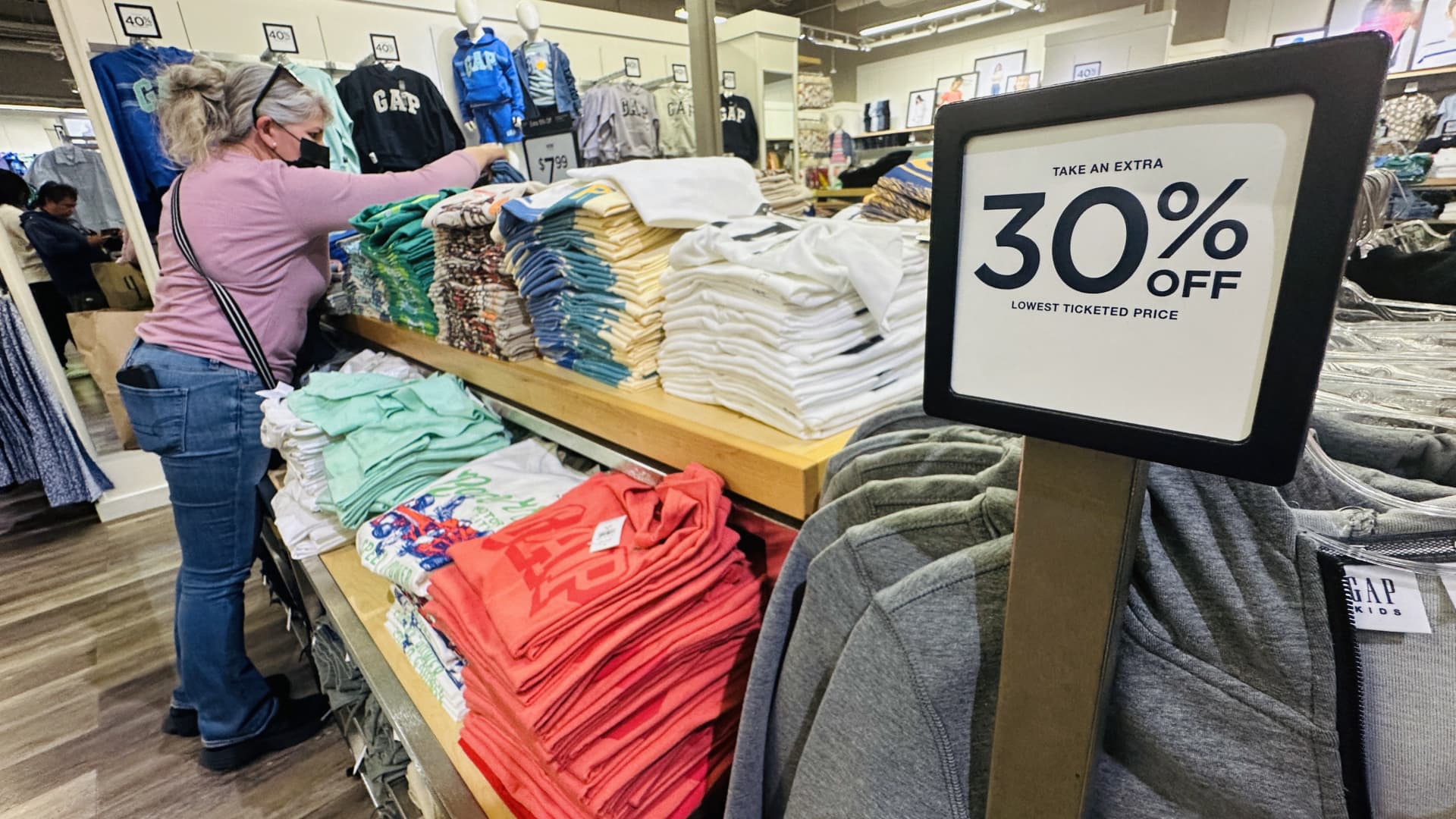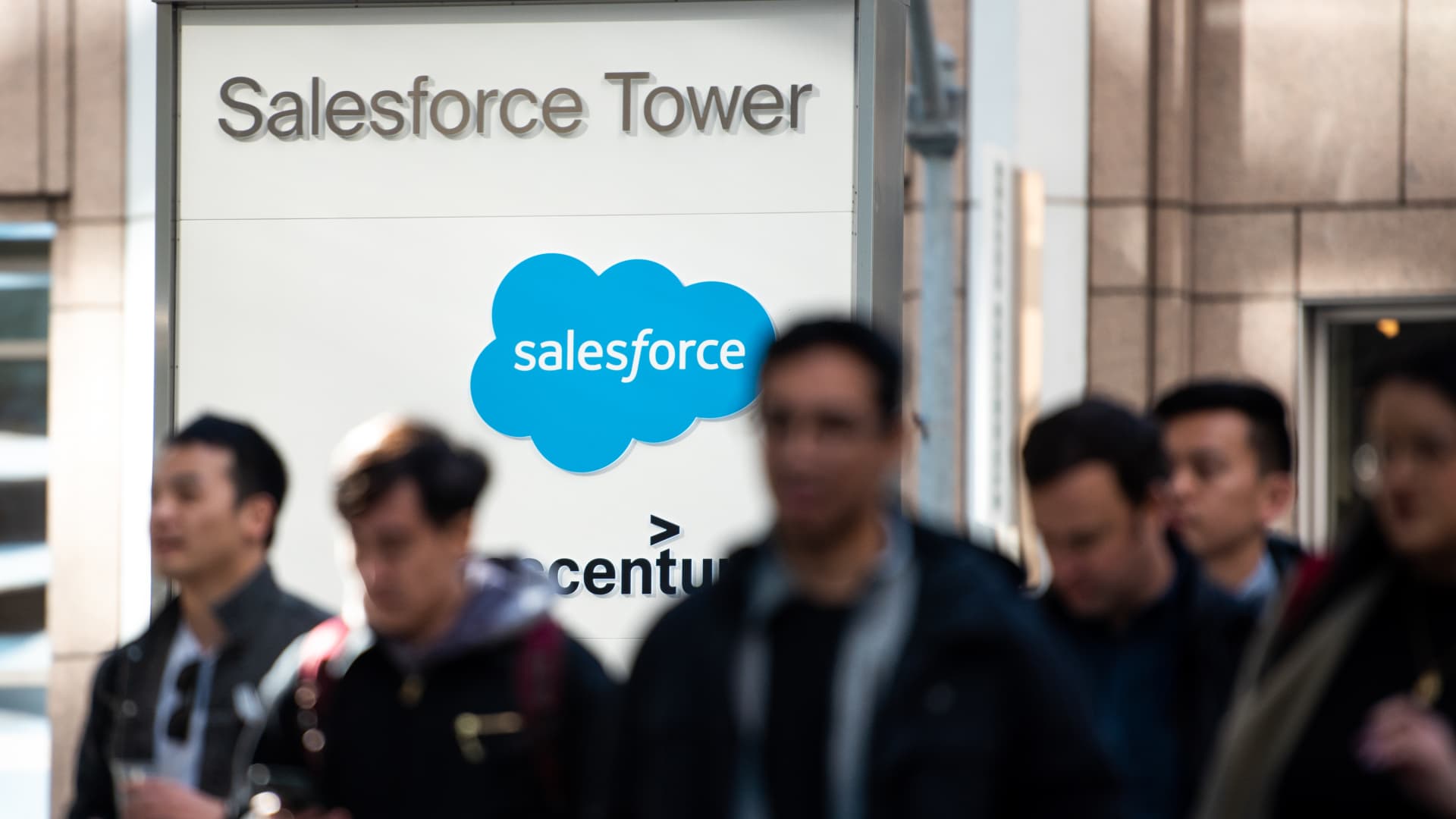Mortgage rates dropped to 6.79% for 30-year mortgages. (iStock)
Mortgage rates continued their slight decline this week, Freddie Mac reported. For 30-year fixed-rate mortgages, the average interest rate is 6.79%, down from last week’s average of 6.87%.
Last year at this time, mortgage rates for 30-year mortgages averaged closer to the bottom of the 6% range at 6.35%.
“Mortgage rates moved slightly lower this week, providing a bit more room in the budgets of some prospective homebuyers,” Sam Khater, Freddie Mac’s Chief Economist, said.
“We also are seeing encouraging data on existing home sales, which reflects improving inventory. Regardless, rates remain elevated near seven percent as markets watch for signs of cooling inflation, hoping that rates will come down further.”
For 15-year mortgages, rates have also dropped since last week and now average 6.11% for fixed-rate mortgages. This is higher than last year’s average of 5.56%.
If you’re looking to purchase a home in today’s market, you can explore your mortgage options by visiting Credible where you can compare rates and lenders with a click of a button.
BIDEN WANTS TO GIVE HOMEBUYERS $400 PER MONTH: STATE OF THE UNION
Mortgage applications stalled this week
While rates are dropping, buyers aren’t yet fully committed to buying. Mortgage applications decreased 0.7% from a week earlier, according to the Mortgage Bankers Association’s (MBA) weekly survey.
Compared to a year ago, MBA’s unadjusted Purchase Index was 16% lower, signaling a struggle to keep buyers in the market.
“Mortgage application activity was muted last week despite slightly lower mortgage rates. The 30-year fixed rate edged lower…but that was not enough to stimulate borrower demand,” Joel Kan, the MBA’s vice president and deputy chief economist, said.
“Purchase applications were essentially unchanged, as homebuyers continue to hold out for lower mortgage rates and for more listings to hit the market.”
Earlier in the year, it was predicted that rates would finally drop below 6%, which is now unlikely at this point.
“Lower rates should help to free up additional inventory as the lock-in effect is reduced, but we expect that will only take place gradually… Similarly, with rates remaining elevated, there is very little incentive right now for rate/term refinances,” Kan said.
Looking to get a mortgage? Credible can help you compare multiple mortgage lenders at once.
HOMEBUYERS GAINED THOUSANDS OF DOLLARS AS MORTGAGE INTEREST RATES FALL: REDFIN
It’s cheaper to rent than buy in all 50 major metro areas in the U.S.
It’s officially become cheaper to rent than to buy in many of the country’s major metro areas. A recent report from Realtor.com revealed that a starter home is more affordable than buying one in the 50 largest metros.
In February 2024, the average monthly cost of buying a starter home was $1,027, which is 60.1% higher than the average cost of renting.
Although the rental market appears hot, the U.S. median rent declined year-over-year, according to Realtor.com. For studio to two-bedroom units, rent declined 0.4% within the top 50 metros. This is the seventh month in a row that rent has declined.
One of the top markets where it’s more affordable to rent is in Austin, Texas. The cost of buying a home in Austin averaged $3,695 per month, 141.5% more than the average monthly rent. Renting in Austin costs $1,530 per month, on average.
Seattle is another area where buying is more expensive than renting. The average cost to buy is $4,422 while the average renter pays $2,000 per month.
If you think you’re ready to shop around for a home loan, consider using Credible to help you easily compare interest rates from multiple lenders and get a pre-approval letter in minutes.
HIGH HOMEOWNERS INSURANCE RATES SCARING AWAY FLORIDA HOMEBUYERS, OTHER STATES FACE THE SAME ISSUE
Have a finance-related question, but don’t know who to ask? Email The Credible Money Expert at [email protected] and your question might be answered by Credible in our Money Expert column.

 Accounting1 week ago
Accounting1 week ago
 Economics1 week ago
Economics1 week ago
 Personal Finance1 week ago
Personal Finance1 week ago
 Accounting1 week ago
Accounting1 week ago
 Finance7 days ago
Finance7 days ago
 Economics1 week ago
Economics1 week ago
 Economics1 week ago
Economics1 week ago
 Economics1 week ago
Economics1 week ago












